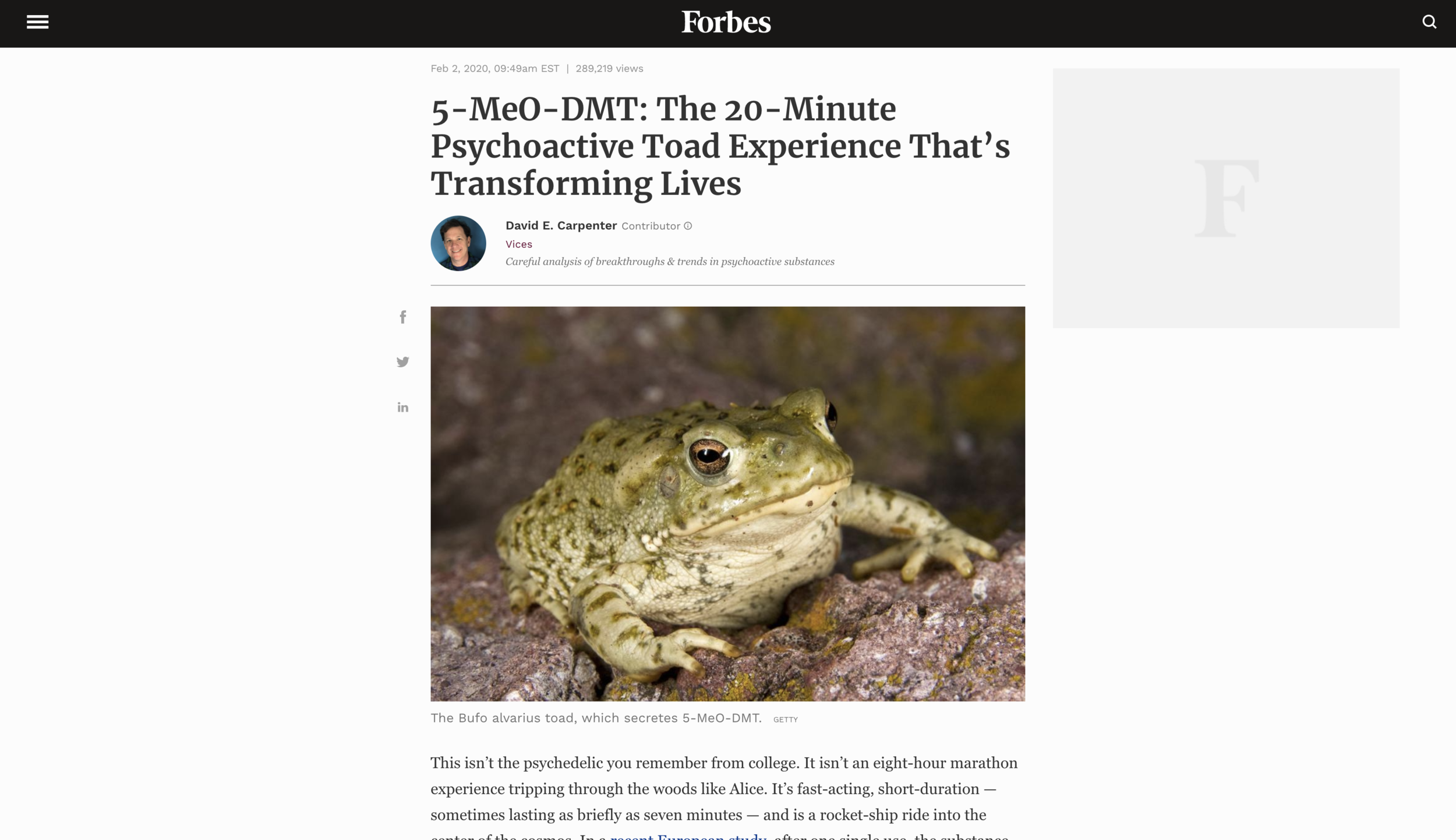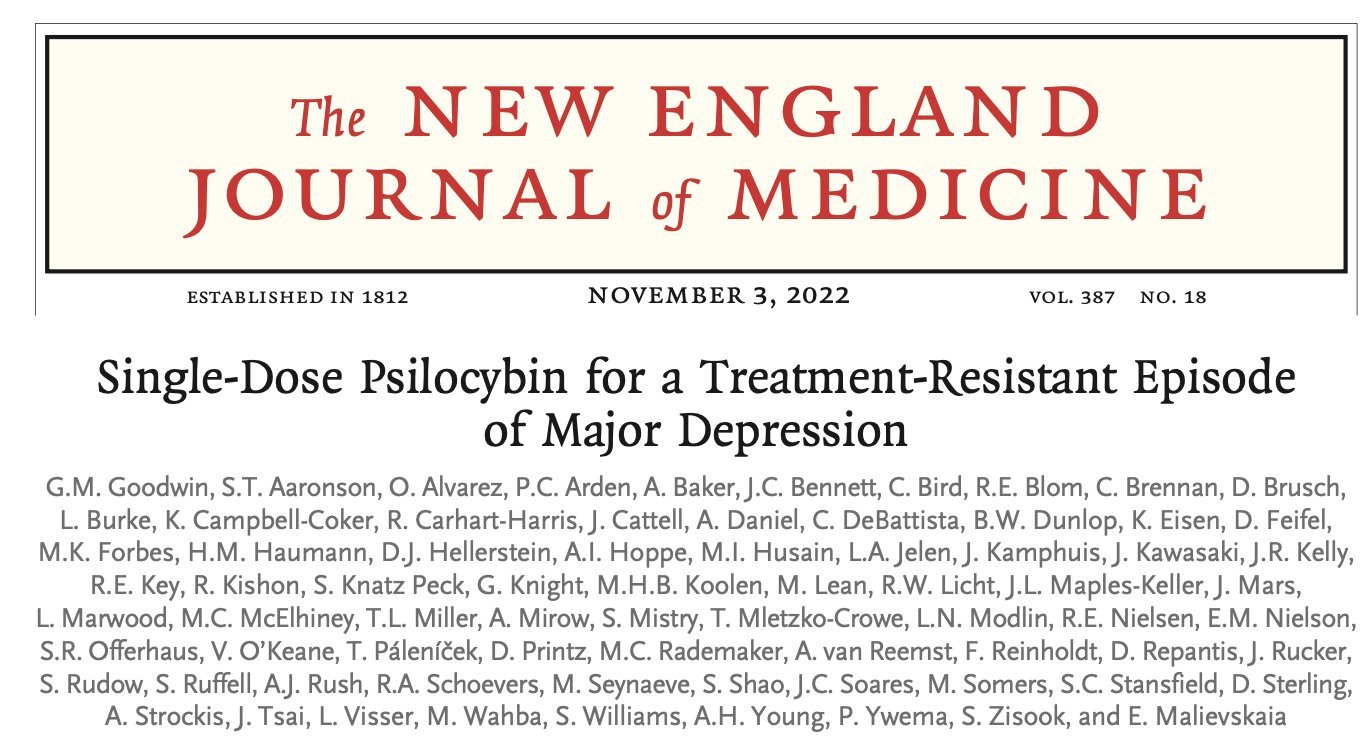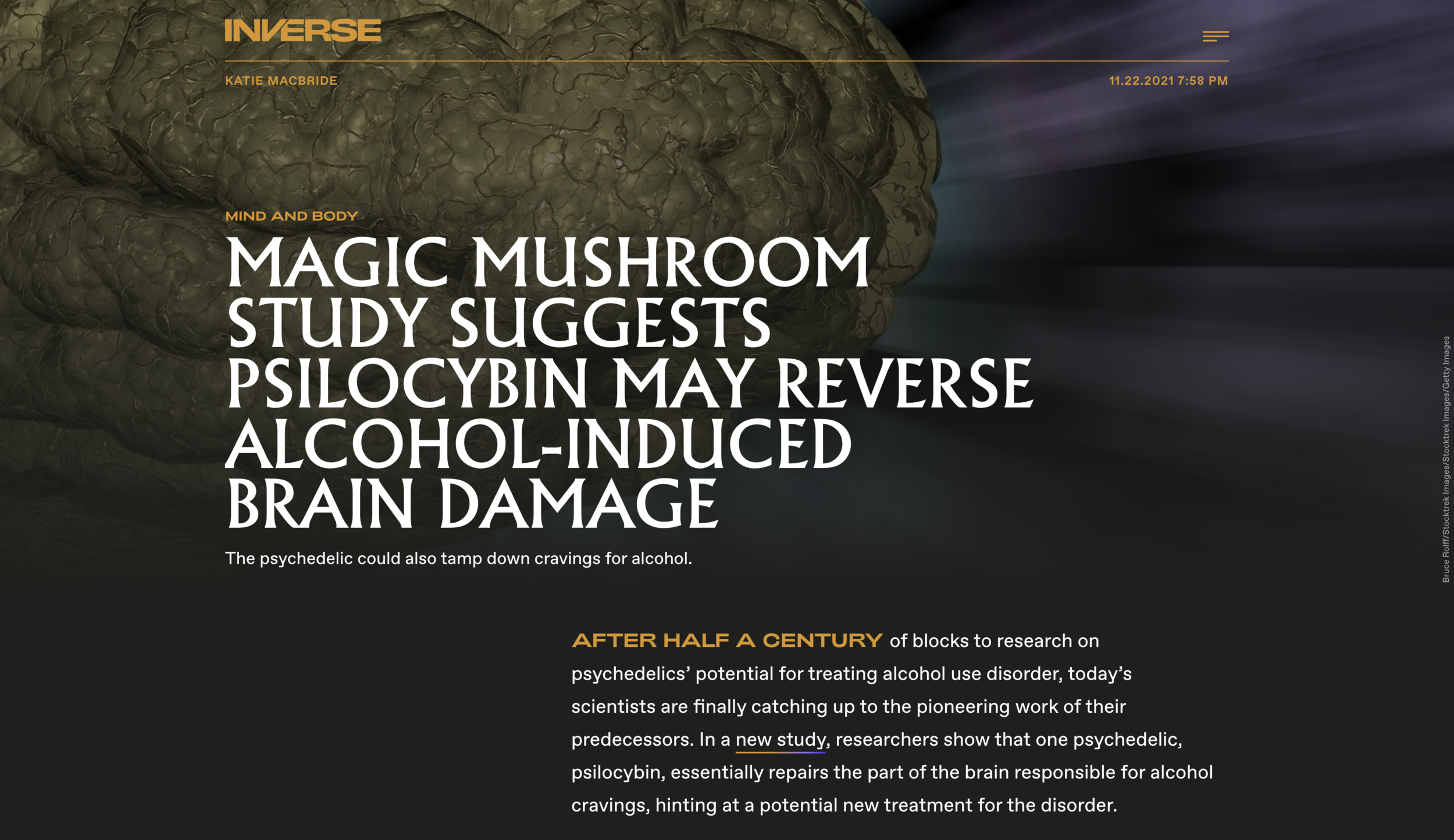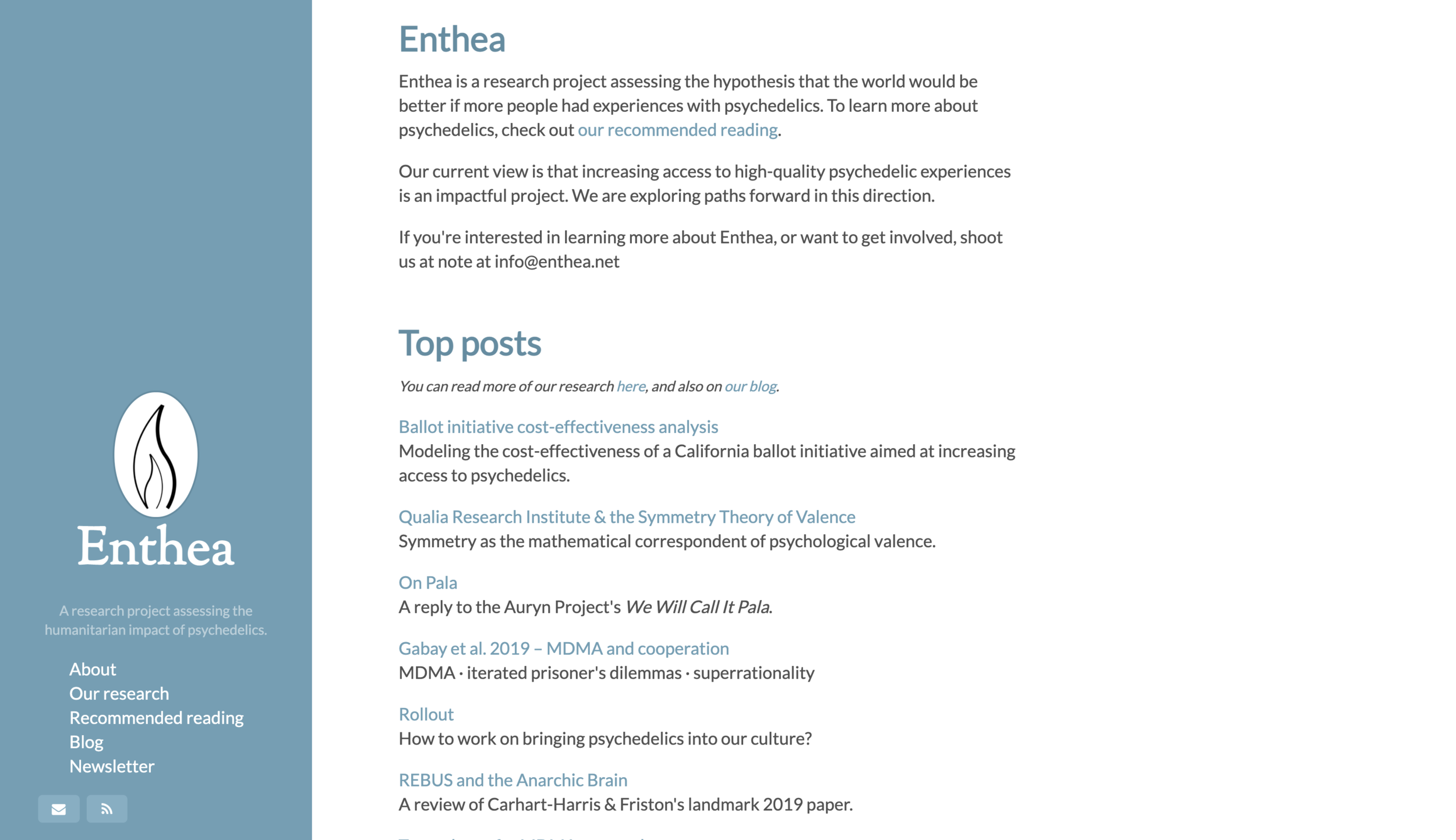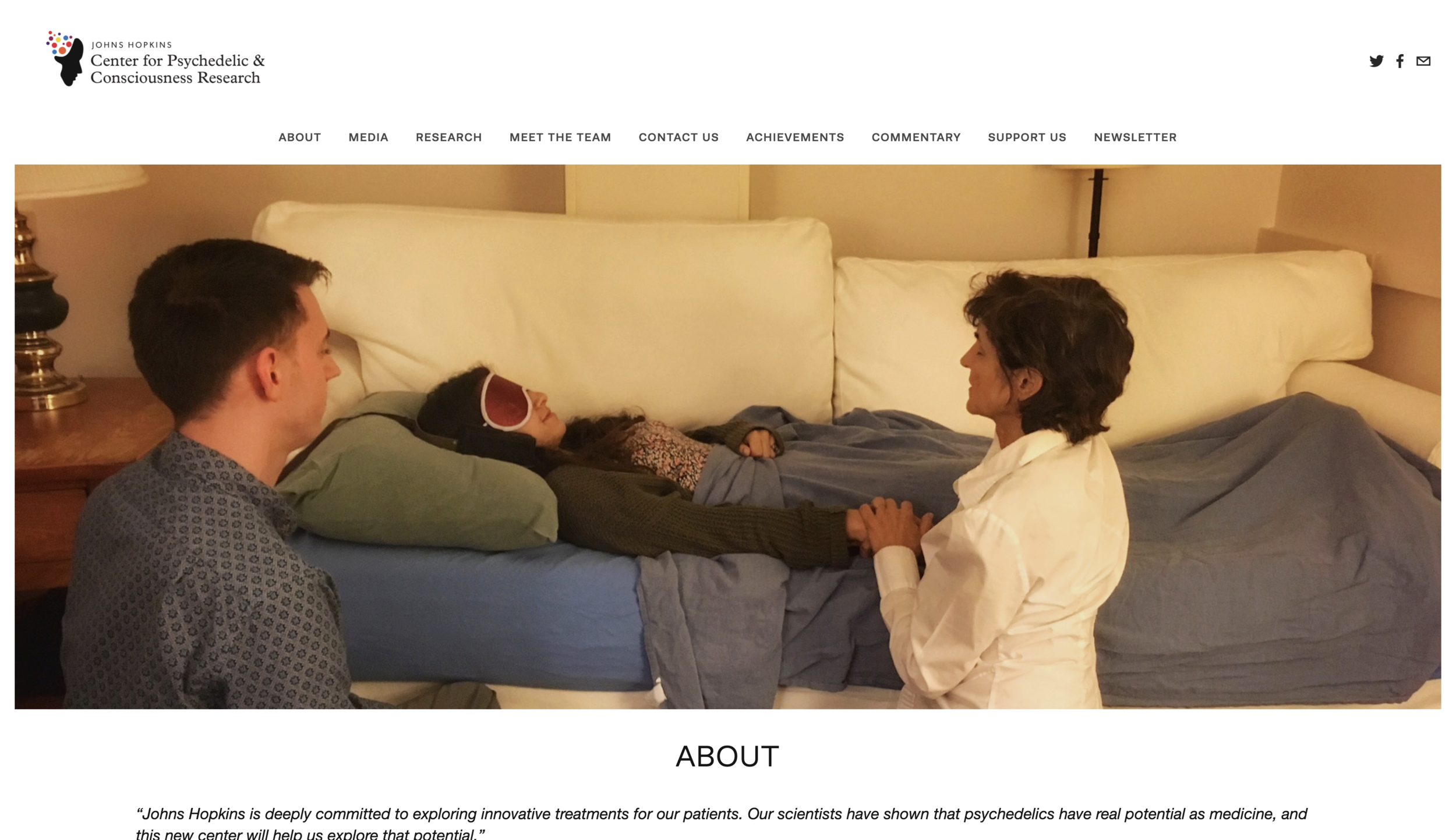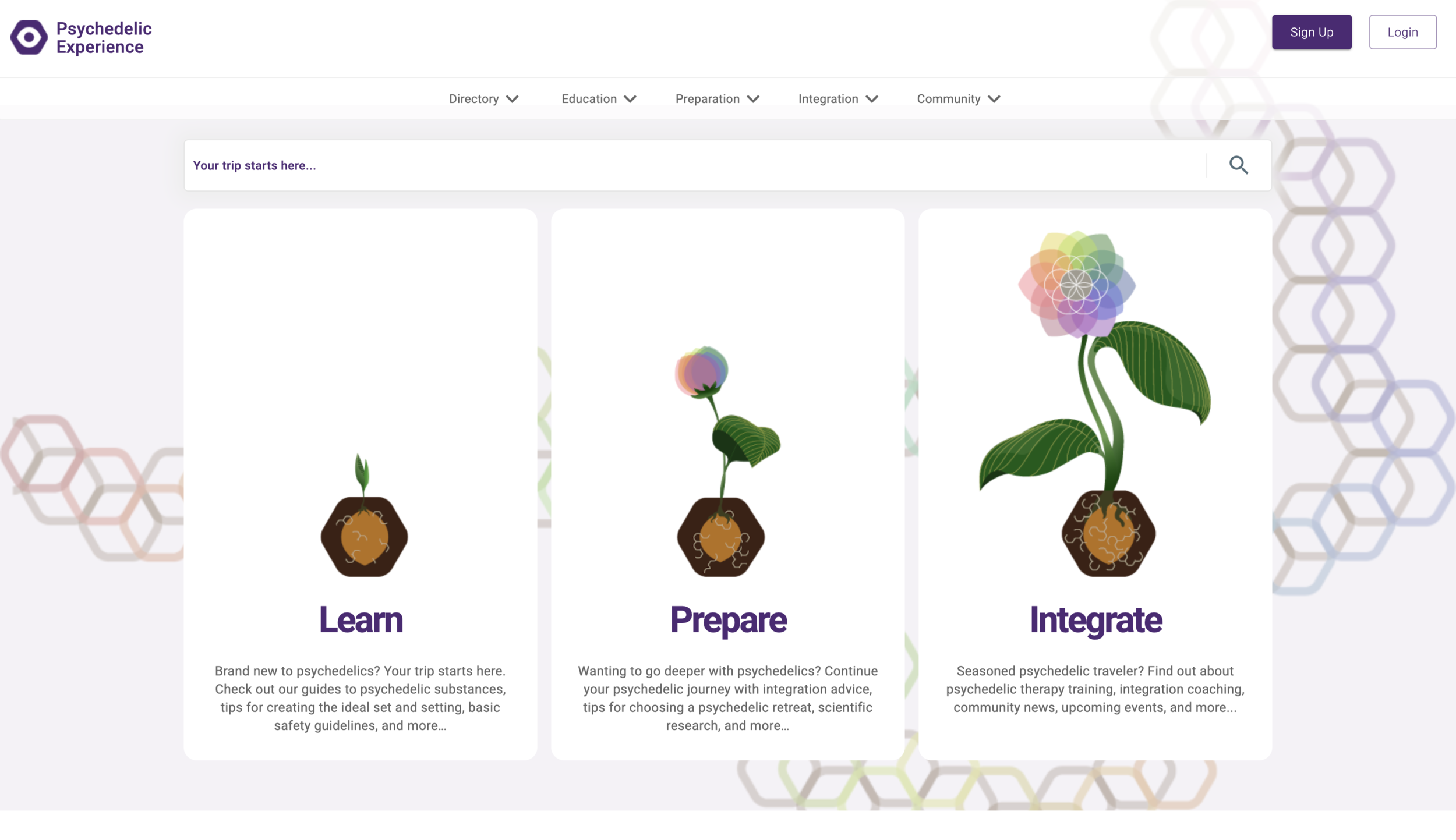Psychedelic Therapies Offer a Tremendous Opportunity.
Entheogenic medicines can loosen up emotional trauma in the brain and enable it to heal. They can undo conditioning that causes people to (re)act to perceived threats in an overly strong manner.
Characterization and prediction of acute and sustained response to psychedelic psilocybin in a mindfulness group retreat: https://www.nature.com/articles/s41598-019-50612-3
They can increase people’s awareness and openness to understanding new perspectives, and to better understanding other people.
The ancient technology of these entheogenic medicines were practiced for thousands of years in these lands, but were forgotten in recent centuries. We have an opportunity to rediscover them, and to apply these natural plant medicines to healing ourselves, and by extension, our families and communities. A modest change in one or two people can transform the thought patterns and behavior of many others, by changing relationships for the better.
Former conflict zones often suffered decades of trauma. Life is quieter now, but the memories of times past linger, and this will remain imprinted upon all of us for a long time.
Let’s help bring these very promising medicines safely and legally to former conflict zones, such as Northern Ireland, for professionally-guided therapies that can help our people and communities to enjoy lasting healing.
Discussions in Local Media
The stigma is falling away... psychedelics will one day be available on NHS, says drugs reform campaigner Amanda Feilding
Discussions Around the World
LSD and magic mushrooms could heal damaged brain cells in people suffering from depression, study shows
The Trip Treatment: Research on psychedelics, shut down for decades, is now yielding exciting results
Psychedelics for Peace
Scientific Research
Health Aspects
Decriminalization, Awareness, and Understanding
Links to Organisations and Further Resources
MAPS is a leader in psychedelic research. Since 1986, MAPS has been on a mission to create safe, legal, and beneficial opportunities for psychedelics in medicine and society.
The Beckley Foundation pioneers psychedelic research to drive evidence-based drug policy reform, founded and directed by Amanda Feilding as a UK-based think-tank and NGO.
Enthea is a research project assessing the hypothesis that the world would be better if more people had experiences with psychedelics
We provide deeply researched content about psychedelics – primarily natural psychedelics long-used by indigenous people around the world – and how you can work with them for healing and spiritual growth.
The Global Ibogaine Therapy Alliance (GITA) is a not-for-profit corporation dedicated to supporting the sacramental and therapeutic uses of iboga, as well as its alkaloids and their analogs, through sustainability initiatives, scientific research, education, and advocacy.
Psychedelic Science Review is working to bring cutting-edge science in the field of psychedelics to the public in the most accessible, thorough and accurate way possible.
We create life-affirming experiences to connect people with themselves, each other, the natural world and the mystery of existence.
The most impactful things you can do to progress psychedelic and MDMA science. This is written for you if you’re interested in mental health medical research, or psychedelic research for “healthy” people.
We are dedicated to making safer drug policies a reality. This means ending prohibition and replacing it with a system of legal regulation for all drugs.
DHDP aims to provide the voice of doctors to advocate for changes in harmful drug policies and to promote harm reduction and policies based on health, science, human rights and compassion.
Usona Institute is a 501(c)(3) non-profit medical research organization dedicated to supporting and conducting pre-clinical and clinical research to further the understanding of the therapeutic effects of psilocybin and other consciousness-expanding medicines
Advancing studies on psilocybin for treatment of addictions and other mental disorders, with the highest standards of scientific research
We aim to reduce harm and stigma associated with psychedelics by helping to best inform users, offer tools to help with integration of their experiences, and a space for communal support.
After a decades-long hiatus, in 2000 our research group at Johns Hopkins was the first to obtain regulatory approval in the United States to reinitiate research with psychedelics in healthy, psychedelic-naive volunteers.
